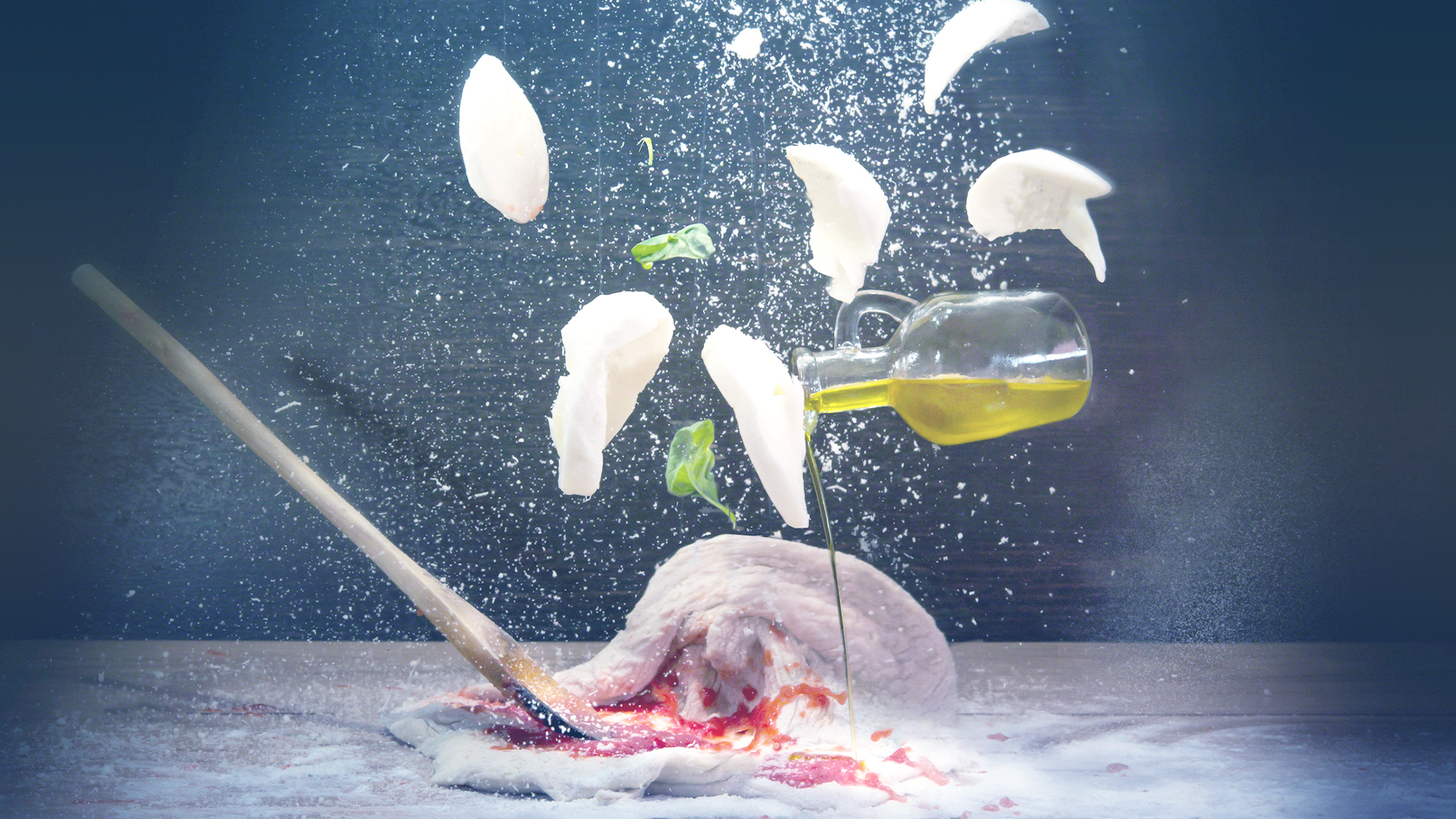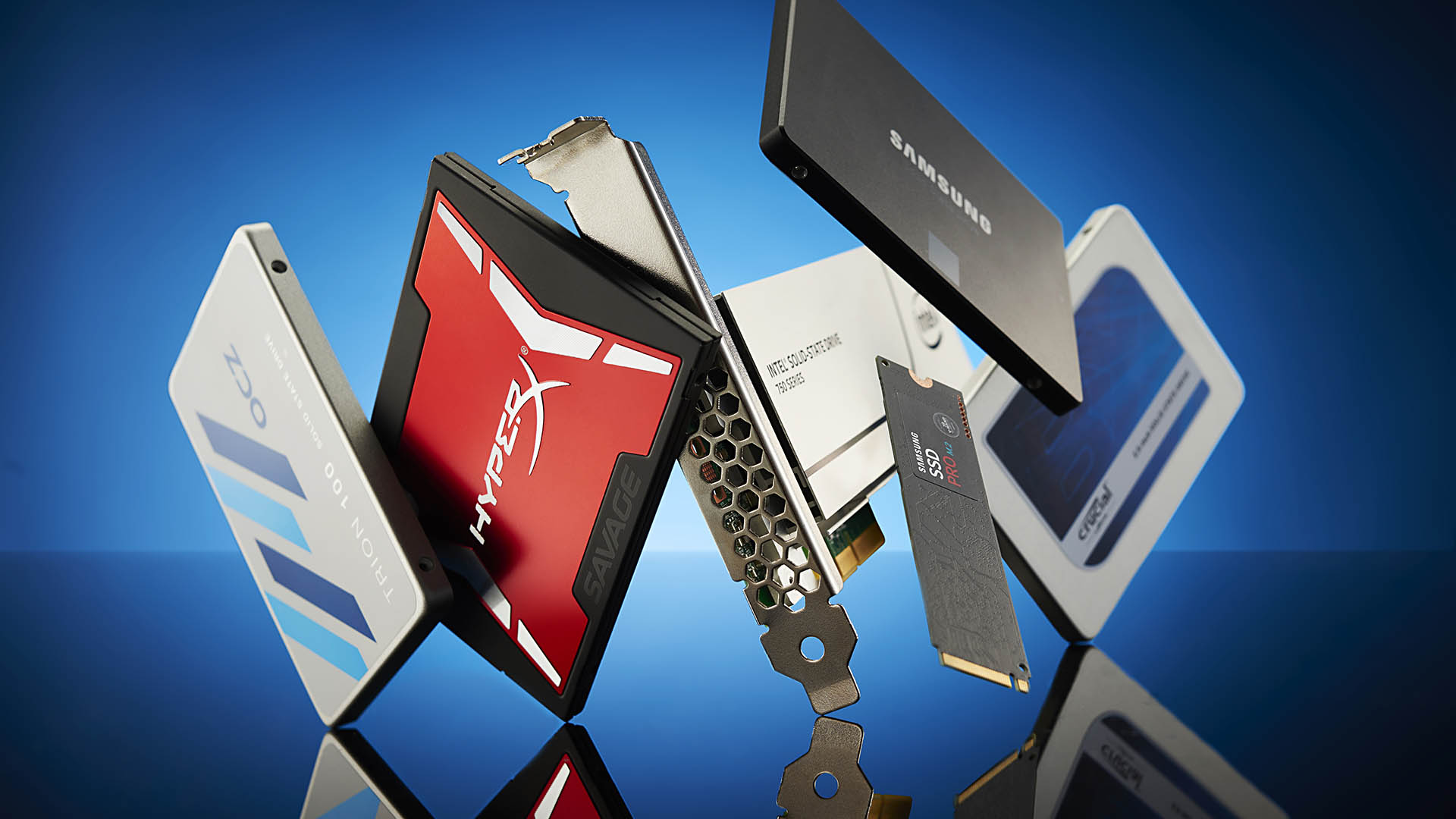Pizza-making robots are paving the way to highly complex AI
MIT researchers are doing the important work, using pizza dough to create AI that goes 'beyond the capability of previous robot systems.'

MIT researchers have been working on something truly life changing: dough-rolling robots. It's not just about making pizza, but perhaps some day in the near future, you could have one of the most advanced AI's to date prepping your takeout. Could a robot ever truly replace the extraordinary pizza spinning skill of our own meat-bag professionals, though?
The project, named DiffSkill, is still in its early stages. As the report from MIT News notes, it's not so easy teaching a robot to work with a deformable object. That's because the subject matter is always changing shape and consistency, so the neural network needs to adapt on the fly.
Right now, it takes AI long enough to learn an unchanging assault course, let alone keep up as the task changes before it.
Of course, we have self driving cars that can adapt to their environment as it changes, so it's not a wholly impossible task. And at least there's less risk involved with designing a robot that just chops and rolls dough, but it's still a task that comes with it's fair share of hurdles.
It involves two stages: A 'teacher' algorithm first lays out the necessary steps for the task, before a 'student' machine-learning model turns those steps into reality, learning abstractly about when and how each step should be undertaken.
One author of the DiffSkill research paper, Yunzhu Li, explains "This method is closer to how we as humans plan our actions." We have a higher-level planner that roughly tells us what the stages are and some of the intermediate goals we need to achieve along the way, and then we execute them."
Li's Co-author, Xingyu Lin, notes "Our framework provides a novel way for robots to acquire new skills. These skills can then be chained to solve more complex tasks which are beyond the capability of previous robot systems."
The biggest gaming news, reviews and hardware deals
Keep up to date with the most important stories and the best deals, as picked by the PC Gamer team.
Basically, it's not about making faster pizza. The purpose of the project has been to reduce the time it takes for AI to learn complex tasks, and it appears to have succeeded. But anyone who's ever made a pizza knows there's more to it than just chopping and rolling. There's a certain amount of love, and care that goes into it. The art of kneading and spinning dough to perfection is something people spend years learning.

Best SSD for gaming: the best solid state drives around
Best PCIe 4.0 SSD for gaming: the next gen has landed
The best NVMe SSD: this slivers of SSD goodness
Best external hard drives: expand your horizons
Best external SSDs: plug in upgrades for gaming laptops and consoles
What's slightly concerning, is that the repot suggests the method could be applied to other tasks that involve robots who need to "manipulate deformable objects." The example given? "A caregiving robot that feeds, bathes, or dresses someone elderly or with motor impairments."
First of all, I've never heard of the elderly referred to as a 'deformable object' before.
And, although it's impressive how we're moving into an age in which neural networks can teach themselves such intricate, adaptive tasks, it's a little worrying. Particularly after checking out some of the screwy gifs of it 'working,' the idea of entrusting our elderly to the care of robots, however smart, is daunting to say the least.
Of course, I'm all for the robotics revolution. I'm just hoping the neural network gets it right with test dummies before they unleash it on our most vulnerable.

Screw sports, Katie would rather watch Intel, AMD and Nvidia go at it. Having been obsessed with computers and graphics for three long decades, she took Game Art and Design up to Masters level at uni, and has been rambling about games, tech and science—rather sarcastically—for four years since. She can be found admiring technological advancements, scrambling for scintillating Raspberry Pi projects, preaching cybersecurity awareness, sighing over semiconductors, and gawping at the latest GPU upgrades. Right now she's waiting patiently for her chance to upload her consciousness into the cloud.

